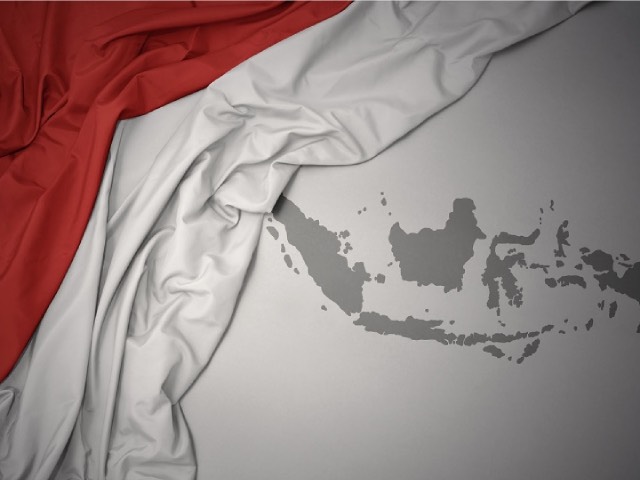For a number of years Indonesian authorities have detained vessels for anchoring in its waters without the requisite permissions from the authorities. Recent cases seem to indicate there is an increased focus on vessels anchored off Bintan Island and other Riau Islands
According to our local correspondent, Spica, Indonesia has for a long time campaigned against illegal anchoring in its waters, i.e. anchoring without the prior approval from the authorities and paying of any applicable dues. Vessels can be detained and criminal charges levied against the vessel and its crew. Members and clients are recommended to share the content of this alert with the Masters of vessels trading in or heading to the region.
Indonesian waters
The boundaries of Indonesian waters and its designated anchorages are not marked on all navigational charts commonly used by merchant vessels. This has contributed to misunderstandings amongst mariners who may believe that they are anchoring in international waters.
The website of the local hydrographic centre, Pushidrosal contains detailed information on the baselines for the Indonesian archipelago. This is information is for guidance only as designated anchorages may exist in waters beyond the marked territorial waters, for example the northern anchorage off Tanjung Berakit the coordinates of which are mentioned in the Decree Number KM 30 year 2021.
Challenges in getting the vessel released
It can be a lengthy process to get the vessel and its Master released from detention/arrest. The time taken can be anything from a few weeks to a few months. We have been informed by BUDD Indonesia that in one recent case the time taken from the initiation of criminal proceedings against the vessel until a decision was handed down by the District Court was 8 months.
The process can be summarized as follows: after a vessel is detained there is usually an investigation by the Indonesian navy followed by the prosecution stage and finally a decision is handed down by a District Court. It is not clear if there is any one factor in particular that contributes more to lengthen the release process as each case is different. It may be a combination of a number of factors such as the involvement of different authorities, lack of clarity on the procedures to deal with such detentions, case not being fast tracked by the local courts etc.
Recommendations
- Before anchoring it is important that a local agent is appointed, and permission sought from the local authorities when anchoring in this region. This is irrespective of whether a vessel is intending to call an Indonesian port, idling while waiting for orders, or conducting any other operation such as crew change, STS, repairs etc.
- Obtain information on designated anchorages from local agents and mark these on the charts, if not already shown. Procuring local charts may also be helpful.
- Vessel’s AIS should be kept ‘ON’ at all times. Members may also refer to our earlier alert ‘AIS mandatory in Indonesian waters’ for further guidance on this.
We would like to thank our correspondent, SPICA, as well as BUDD Indonesia for assisting with this alert.
Source: Gard









































